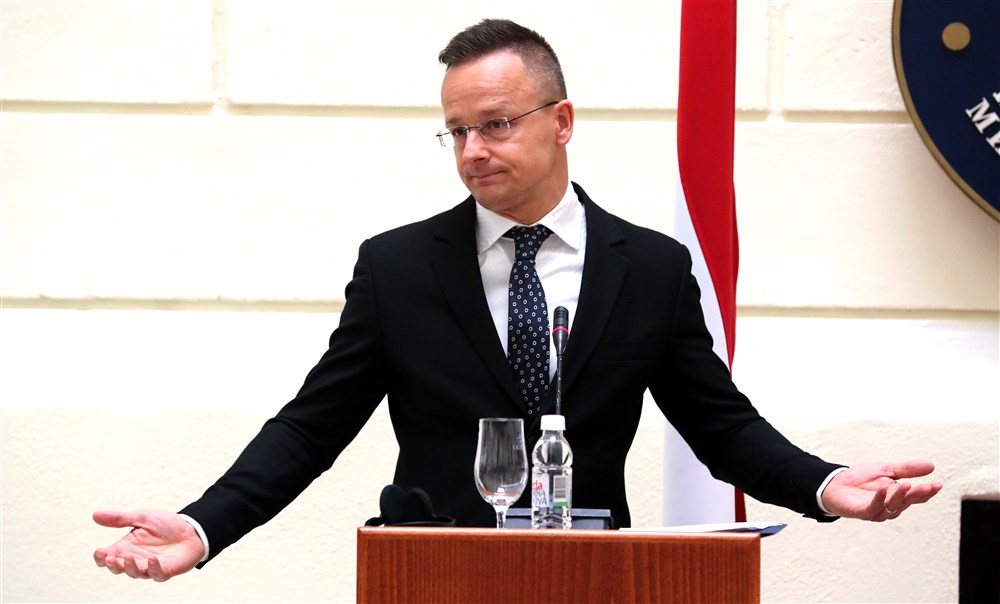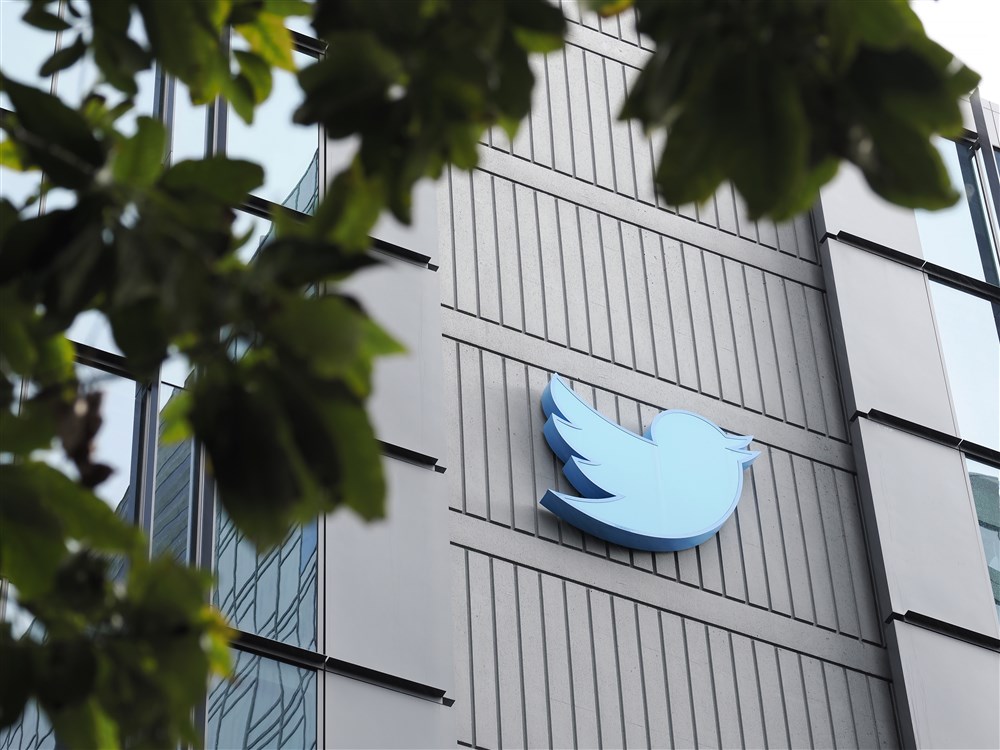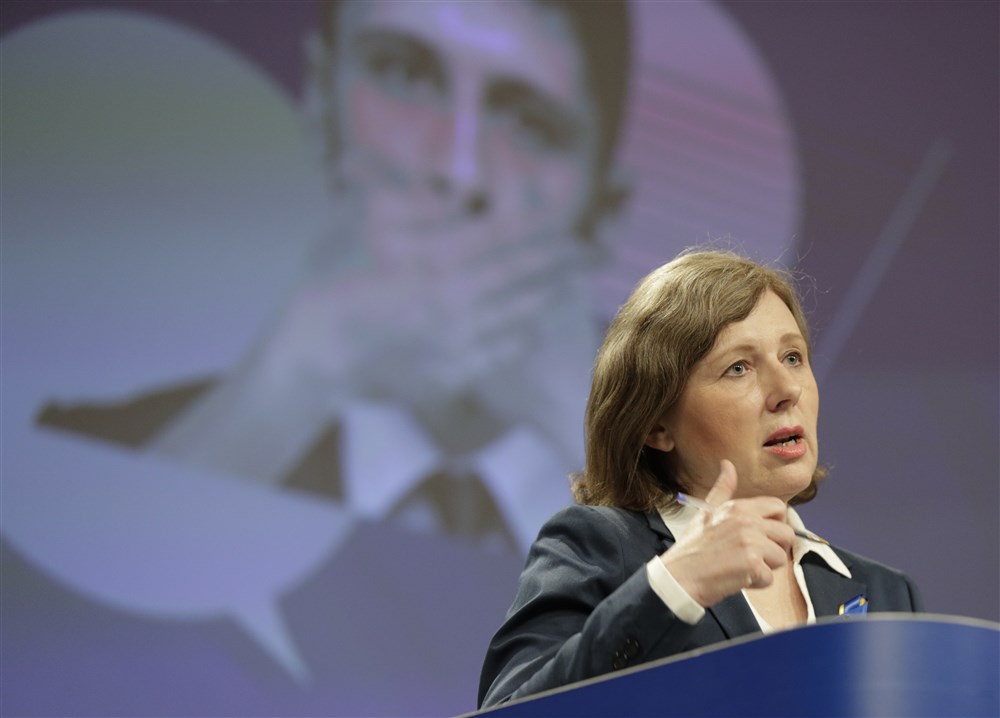It’s not just social media giant Twitter that could fall foul of new regulations under the European Commission’s forthcoming Digital Service Act (DSA).
Recent headlines have focused on how the DSA—the cornerstone of the European Commission’s attempts to get to grips with our increasingly digital world —might prevent Twitter from being able to operate in the EU. But the reality, according to some, is that Twitter is more likely to be able to comply while other, smaller platforms may be forced to leave Europe when faced with the new rules.
“While Elon Musk can be a bit unpredictable, I think it’s more likely that Twitter will make the effort to comply,” Matthew Lesh, director of public policy and communications at the Institute of Economic Affairs, tells the Brussels Signal. “The most likely outcome of the regulatory requirements of the DSA is that other smaller platforms will decide it’s too much trouble and not worth their while to comply and so pull out.”
Not only would this make Twitter even more omnipresent and a “bigger player,” Lesh says, “competitive platforms will be less likely to set up in Europe.”
Twitter already has an outsized role in the corridors of power in Brussels.
“It’s where the vast majority of conversation between decision makers in societies is happening,” Brandi Geurkink, a senior policy fellow at Mozilla, the free software community behind Firefox, and a member with the Coalition for Independent Tech Research, told Euroactiv. “It’s where journalists are, where policy makers, political leaders [convene] and are in conversations with one another, and that’s why Twitter’s influence is outsized in comparison to just looking at the number of users [in] the European Union.”
The DSA aims “to create a safer digital space where the fundamental rights of users are protected and to establish a level playing field for businesses,” states the European Commission. Violations of the DSA could result in a fine of six per cent of global turnover or in more serious cases temporary suspension of the service.
“The Digital Services Act is groundbreaking legislation that will set a worldwide standard for content regulation and the protection of users from online harms,” Peter Church, a technology lawyer at Linklaters, told the Guardian.
Others, however, aren’t so sure:
“A lack of inclusivity, democratic transparency, and equitable participation has long been a point of contention in EU policy-making,” notes a Wired article about the lack of transparency during the formulation of the DSA by EU lawmakers. “It is vital that legislators deeply reflect on the continued practice of switching to insular lawmaking at the very moment when openness and consultation are most necessary.”
The UK government’s Online Safety Bill—its equivalent to the DSA—is causing similar waves, with the WhatsApp and Signal messaging services threatening to leave the UK market if encryption is undermined by the bill.
“The DSA raises fewer civil liberty issues compared to the Online Safety Bill,” Lesh says.
But when it comes to all of these new types of online laws, Lesh argues that tech companies are increasingly aware that making bold changes to their operations in response to new legislation can backfire. He gives the example of when Facebook had to reverse its block on Australian users sharing news on its site during a tussle with the government over a new media law after it got so much negative blowback.
The big tech companies are “very careful” about what they say about and how they are perceived on these new online laws that are so important and relevant in increasingly digital societies.
“They don’t want to be seen to be on the wrong side,” Lesh says.





